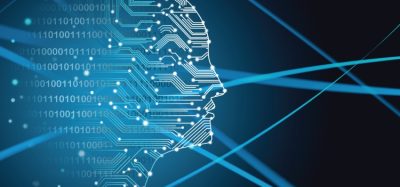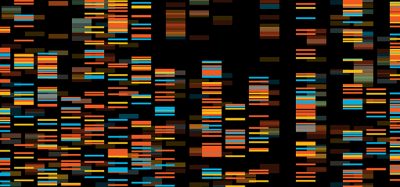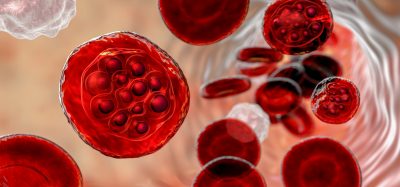2023 drug discovery forecast: emerging trends and disruptors revolutionising the industry
Posted: 12 April 2023 | Izzy Wood (Drug Target Review) | No comments yet
With advancements in artificial intelligence, precision medicine and gene editing, the field of drug discovery is undergoing a rapid transformation. In this article, Drug Target Review’s Izzy Wood gets the insider knowledge from industry leaders at SLAS 2023, who are experiencing these changes first hand.
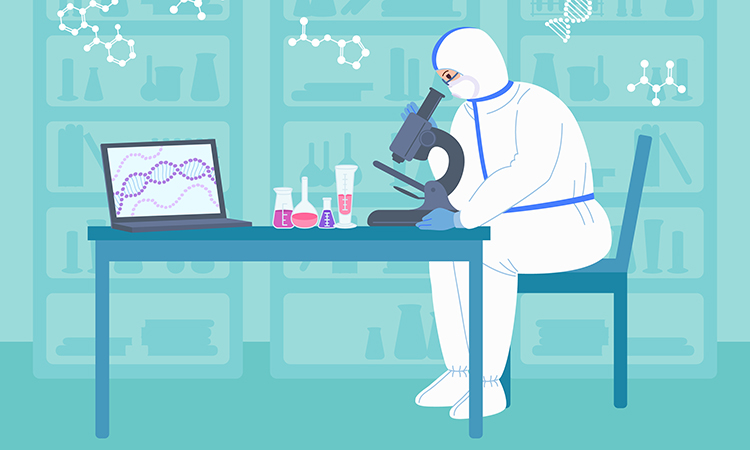
Artificial intelligence (AI)
AI has seen quite a boom in the last couple of years, overcoming challenges such as limited and low-quality data. Researchers can avoid numerous delays by employing AI for drug discovery, often using computational approaches in combination with their own techniques, for a faster and smoother path to the clinic.1
Getting to grips with what AI can do and how best to acquire and utilise its skills.
According to Cyrill Brunner, Application Specialist at Bruker Daltonics, effective AI calls for good data because you can predict a lot of things, but if your data is not good, your results will lack quality. It’s therefore vital to invest in high quality instruments that have the ability to deliver quality data in a short time.
Yet, even with the positive advances in AI, it does not come without its challenges. Brunner continued to explain that one of the biggest changes in the pharmaceutical industry is that AI has moved over from just making data predictions to also analysing data.
For instance, if we look at mass spectrometry, the data is increasingly being analysed by computational methods, so it can be faster to keep up with all of the other screening technologies. Given the increasing amounts of generated data, manual analysis becomes unfeasible from a timescale perspective.
Michael A Norman, Lab Automation GM & VP of Sales at Flow Robotics, concurred that advancements in AI and machine learning were disrupting the drug discovery landscape.
Norman reflected that AI and machine learning will usher in an era of quicker, cheaper and more effective drug discovery. But whether this remains a good or bad thing remains sceptical.2

Most experts do expect these tools to become increasingly important. This shift presents both challenges and opportunities for scientists, especially when the techniques are combined with automation.2 Yet it is this combination of tying in automation and equipment that will create the lab of the future.
As emphasised by the experts, it is a case of getting to grips with what AI can do and how best to acquire and utilise its skills.
Personalised medicine
According to the National Health Service (NHS), the basis for personalised medicine is understanding the role DNA plays in one’s health, transforming healthcare by delivering the four Ps:
- Prediction and prevention of disease
- More Precise diagnoses
- Personalised and targeted interventions
- A more Participatory role for patients.3
Analysing the genome allows patterns to be identified that can help determine individual risk of developing diseases.
Jovi Jenkins, VP of Business Development at SPT Lab Tech, explained: “Scientifically, what we are seeing is a lot more interest in genomic applications within the drug discovery process. Using genomics is becoming routine, such as CRISPR screening.”
Norman echoed these predictions, suggesting that there will be advancements in individualised personal medicine, like gene therapy and CRISPR, on a much larger level.
Automation
The use of automation in drug discovery provides more consistent data that allows labs to make better decisions, faster. It also facilitates the testing of hundreds of thousands of compounds and samples.
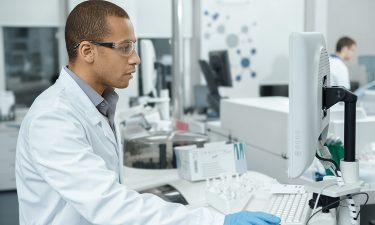
Automation involves a very broad range of technologies including robotics and expert systems.4
Nick Ritzo, Genie Life Sciences, suggested that “a big trend in drug discovery is going to be how modular lab spaces can gain the ability to quickly pivot from the discovery of one molecule to another. In this space, that is going to be really important to bring more drugs into the market”.
Following on, Steven Watters, North America Sales Manager at HighRes Biosolutions, explained how automation is all about how we get more connected data into scientists’ hands. He emphasised the importance of the enablement of scientists to review their work, make predictions, and then drive forwards.
References:
- Ayers M, Jayatunga M, Goldader J, Meier C. Adopting AI in drug discovery [Internet]. BCG Global. BCG Global; 2023 [cited 2023Apr12]. Available from: https://www.bcg.com/publications/2022/adopting-ai-in-pharmaceutical-discovery
- Fleming N. How artificial intelligence is changing drug discovery [Internet]. Nature News. Nature Publishing Group; 2018 [cited 2023Apr12]. Available from: https://www.nature.com/articles/d41586-018-05267-x
- NHS choices. NHS; [cited 2023Apr12]. Available from: https://www.england.nhs.uk/healthcare-science/personalisedmedicine/
- What is automation? – ISA [Internet]. isa.org. [cited 2023Apr12]. Available from: https://www.isa.org/about-isa/what-is-automation
Related topics
Artificial Intelligence, Drug Development, Drug Discovery, Drug Discovery Processes, Drug Targets, Lab Automation, Personalised Medicine, Precision Medicine, Targets
Related organisations
Bruker Daltonics, Flow Robotics, Genie Life Sciences, HighRes Biosolutions, SPT Lab Tech
Related people
Cyrill Brunner, Jovi Jenkins, Michael A Norman, Nick Ritzo, Steven Watters



